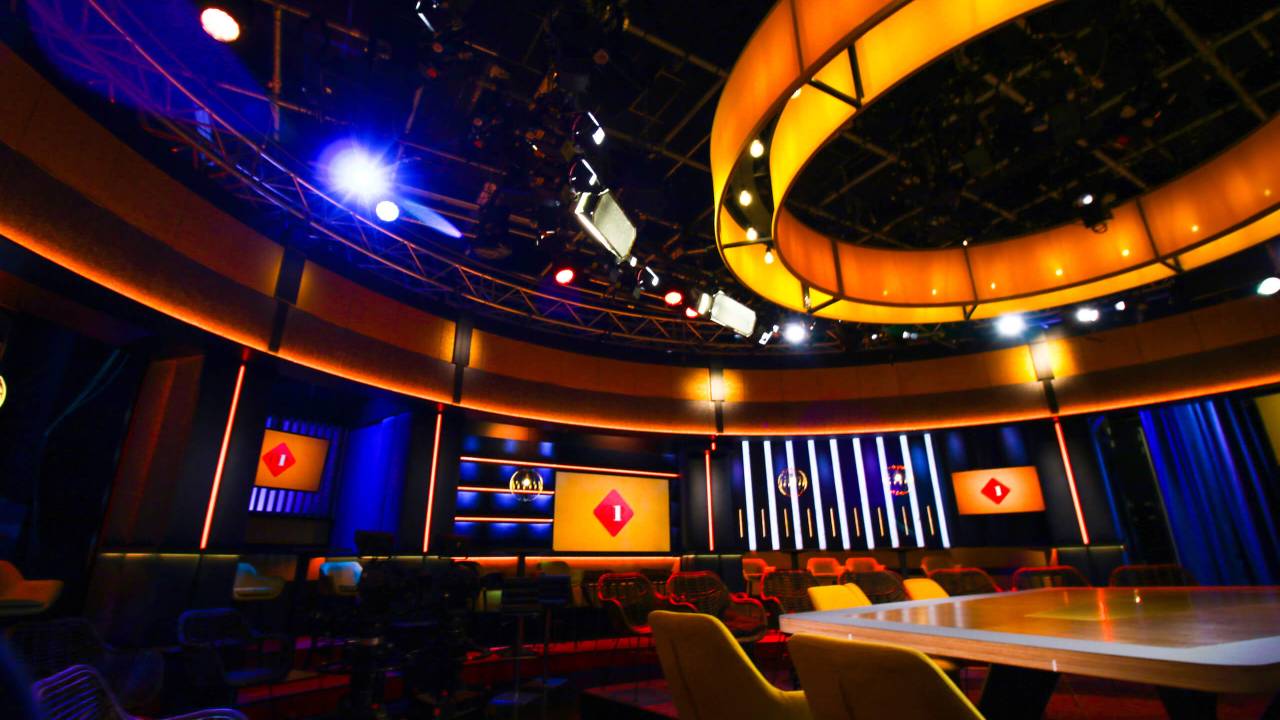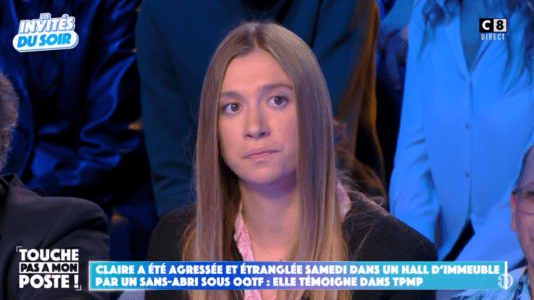Not a single political guest to feature on one of the Netherlands’ most-watched late-night talk shows in the lead-up to Wednesday’s general election has come from the country’s two largest right-wing parties, according to data published by an unofficial TV watchdog.
The “Diversity Watch” organization, which claims to “monitor political diversity on talk shows” published on Thursday the number of guests to have been invited onto Op1, a regular talk show on the Dutch public broadcaster NPO, since the fall of the Dutch government back in July.
Based on its findings, politicians affiliated with the governing People’s Party for Freedom and Democracy (VVD) had been on the show the most ahead of next week’s election, featuring 21 times.
The party now led by Turkish-born Dilan Yeşilgöz-Zegerius was followed by the social liberal Democrats 66, one of the VVD’s former coalition partners, on 16 appearances.
Vanavond is de meest uitgenodigde partijleider sinds de val van het kabinet maar weer eens bij @op1npo.
U kunt zijn naam zelf opzoeken; u zult niet verrast zijn.
Sinds de val van het kabinet.
VVD : 21 optredens bij @op1npo
D66 : 16
PVDA/GL : 13
CDA : 12
CU : 10
BBB : 8…
— Diversiteitswatch (@MOptredens) November 16, 2023The Labor-Green alliance PvdA-GL led by Frans Timmermans, the former EU commissioner who resigned from his post in Brussels to have a stab at becoming Dutch prime minister, came in third with its politicians featuring 13 times on the program.
The main parties were followed by the centrist Christian Union with 12 appearances, the agrarian populist BoerBurgerBeweging with 10, and the European federalist Volt party with eight.
A notable absence from the show’s guestlist is any representation at all from two of the country’s largest right-wing political parties, namely Thierry Baudet’s Forum for Democracy (FvD) and Geert Wilders’ Party for Freedom (PVV).
No guests have been featured either from the right-wing BVNL party led by Dutch MP and former member of the VVD, Wybren van Haga.
This is despite Wilders’ PVV being due to become the Netherlands’ fourth-largest party, according to the latest polls. The right-wing group has leaped to 13 percent of the vote share just days before the Dutch electorate casts its vote, giving the party a real hope of entering government.
Meanwhile, Thierry Baudet’s FvD has 3 percent of the vote, polling at the same level as Volt and just one percentage point behind the Labor Party.
Netherlands, I&O Research poll:
VVD-RE: 18% (+1)
NSC→EPP: 16% (-3)
GL/PvdA-S&D|G/EFA: 15% (-1)
PVV→ID: 13% (+2)
BBB~NI: 5%
SP→LEFT: 5% (+1)
D66-RE: 5%
PvdD-LEFT: 4% (+1)
Volt-G/EFA: 3%
FvD-NI: 3%
CDA-EPP: 3%
DENK-*: 3%
SGP-ECR: 3%
CU-EPP: 2%
JA21-ECR: 1%
50PLUS-RE: 1%
BVNL-*:… pic.twitter.com/8vS1ycl30k
— Europe Elects (@EuropeElects) November 15, 2023Last week, the talk show held a debate on healthcare and featured several high-profile candidates from the major political parties to outline their policies. According to Fleur Agema, the healthcare spokesperson for the PVV, the show claimed that no one from her party wanted to attend the debate, yet she revealed on social media that she was never extended an invitation.
“The accusation was that no politicians had come. I wasn’t asked. I have an almost empty campaign agenda,” she wrote on X.
Commenting on Diversity Watch’s findings, Baudet described the invitation policy of the mainstream media as “completely crazy,” accusing the Dutch establishment media of wheeling in the “same cartel. Just propaganda.”
“It is truly incredible, the extent to which FvD is excluded from normal participation in programs in the mainstream media. No radio for us, no TV, not on commercial channels, not on public channels, not in the newspapers, not in the magazines, not invited to debates… nothing,” he told followers on X.
“There can only be one conclusion: We are the only opposition party in the Netherlands,” he added.
Both Wilders and Baudet have considerable social media followings — 1.1 million and 319,000 followers on X, respectively — and rely on using these outlets to bypass the mainstream media intent on stifling their message and communicate directly with the electorate.
A center-right to right-wing government is a distinct possibility following the election taking place on Nov. 22, with conservatives at the very least expected to increase their representation in the parliament.






